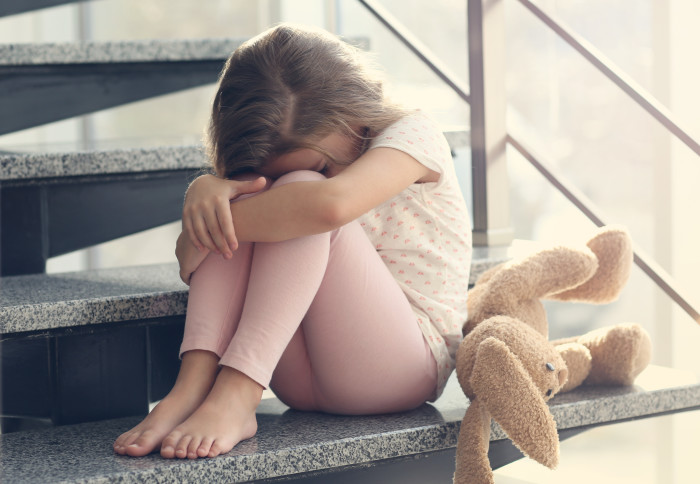At least 5 million children have lost a caregiver from COVID-19, study suggests

At least 5 million children have experienced the death of a parent or caregiver due to COVID-19 since March 2020, new figures suggest.
The modelling study, published in The Lancet Child & Adolescent Health, updates previous estimates from July 2021 by using mortality data from 21 countries from March 2020 to October 2021.
It was estimated last year that 1.5 million children worldwide had lost a parent or caregiver due to COVID-19 during the first 14 months of the pandemic.
The international team of researchers, jointly led by Imperial academics and the CDC COVID-19 Response Team, has called for urgent action to prioritise children affected by such deaths as part of national and global pandemic responses.
"Sadly, as high as our estimates of orphanhood and caregiver deaths are, they are likely to be underestimates." Dr Juliette Unwin School of Public Health
Researchers found that adolescents aged 10-17 were worst affected, with 2.1 million children experiencing COVID-19-associated orphanhood – accounting for almost two out of three children who lost a parent or caregiver due to the virus.
Dr Juliette Unwin, lead author, from Imperial’s School of Public Health, said: “Sadly, as high as our estimates of orphanhood and caregiver deaths are, they are likely to be underestimates, and we expect these numbers to grow as more global data on COVID-19 deaths becomes available.
“For example, WHO estimates accurate data for COVID-19 deaths in Africa are limited, and the real estimates are likely to be 10 times higher than what is currently being reported.”
She added: “Consequently, these under-reported deaths mean that COVID-19-related orphanhood and caregiver loss is also drastically underestimated. Real-time updated data suggests the true totals reached 6.7 million children as of January 2022.
“While our current study looked at estimates through October 2021, the pandemic is still raging worldwide, which means COVID-19 related orphanhood will also continue to surge."

The research also showed that three out of four children worldwide who experienced the death of a parent during the pandemic lost their fathers, in line with evidence that men are disproportionally at risk of death from COVID-19.
Risk of 'lifelong adversity'
Loss of a caregiver is associated with a range of adverse outcomes for children, including an increased risk of poverty, exploitation and sexual violence or abuse.
Following the new study, the researchers are calling for evidence-based programmes for children experiencing orphanhood to be urgently incorporated into pandemic response efforts.
"Support for orphaned children must be immediately integrated into every national COVID-19 response plan." Dr Susan Hillis Study co-author
This work would include efforts to support economic strengthening, enhanced community and family support, and programmes to avoid placing children in institutional care.
Dr Susan Hillis, who worked on the study during her tenure at the US Centers for Disease Control and Prevention (CDC), said: “We estimate that for every person reported to have died as a result of the COVID-19 pandemic, one child is left orphaned or loses a caregiver.
“That is the equivalent of one child every six seconds facing a heightened risk of lifelong adversity unless given appropriate support in time. Thus, support for orphaned children must be immediately integrated into every national COVID-19 response plan.”
Imperial’s COVID-19 Orphanhood calculator, which includes the most recent data, estimates that nearly 7 million children have now lost a primary or secondary caregiver due to COVID-19 – you can access the calculator here.
-
‘Global, regional, and national minimum estimates of children affected by COVID-19-associated orphanhood and caregiver death, by age and family circumstance up to Oct 31, 2021: an updated modelling study’ by Juliette T Unwin et al is published in The Lancet Child & Adolescent Health.
Article supporters
Article text (excluding photos or graphics) © Imperial College London.
Photos and graphics subject to third party copyright used with permission or © Imperial College London.
Reporter
Conrad Duncan
Communications Division
